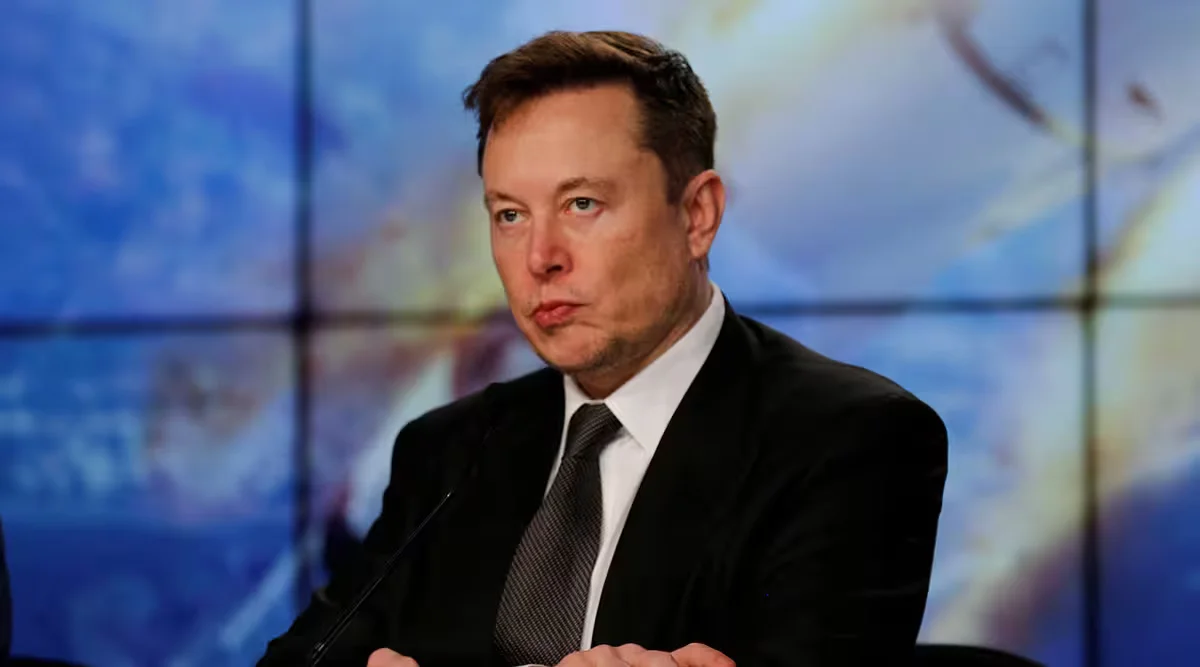US tech mogul and CEO of SpaceX, Elon Musk, has found himself at the center of a debate surrounding his decision to deny satellite access over Crimea to Ukraine due to fears of nuclear escalation. Musk has stated that his intention was to avoid becoming a participant in a “major act of war” and to prevent a potential Ukrainian drone assault on Russian forces.
Musk clarified that SpaceX had not deactivated anything, as the Starlink satellite system had not been activated in those specific regions.
The Starlink network, comprising over 4,000 satellites and serving more than 50 countries, has played a crucial role in providing battlefield communications in Ukraine, particularly for long-range drone strikes.
However, Musk emphasized that Starlink was originally designed for peaceful purposes, such as providing internet access and supporting education, rather than for military engagement.
In response to the claims, Dmitry Medvedev, Deputy Chairman of the Security Council of Russia, praised Musk as the “last adequate mind in North America” if the reports were accurate.
On the other hand, Mikhail Podoliak, a top aide to Ukrainian President Volodymyr Zelensky, criticized Musk, accusing him of “committing evil” by preventing Ukrainian drones from targeting Russian naval vessels through Starlink interference. Podoliak argued that Musk’s decision had resulted in Russian vessels participating in deadly attacks on civilians.
Musk expressed concerns that allowing Ukrainian attacks on Russian vessels could provoke the Kremlin into launching a nuclear war.
The revelation of Musk’s decision has ignited discussions and controversies, with Ukrainian officials condemning the loss of civilian lives and expressing dissatisfaction with Musk’s stance.
This episode highlights the complexities of tech moguls like Elon Musk being involved in international conflicts and raises questions about the ethical responsibilities of technology companies and their leaders in times of global tension and crisis.




